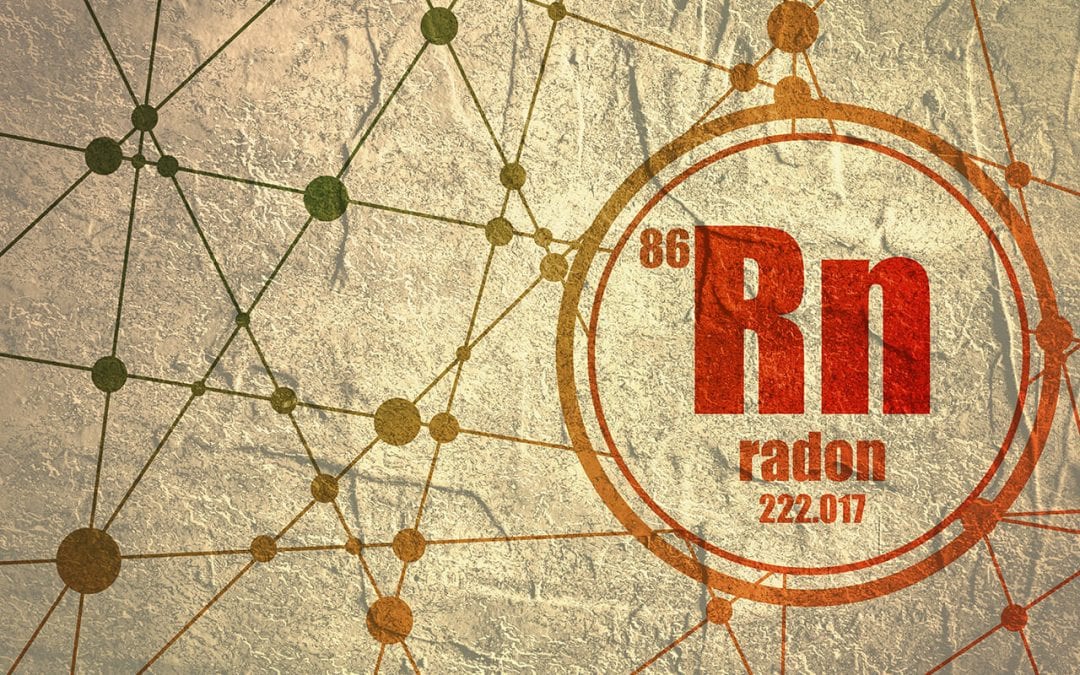Radon in the home can cause serious health problems for the occupants. Since you cannot see, taste, or smell radon gas, you may not know about high levels of radon until health symptoms emerge. Learn more about the dangers of radon and take steps to protect your family.
What is Radon?
Radon is a naturally occurring gas that forms as uranium breaks down in rocks or soil. Radon levels dissipate outdoors and are not concentrated enough to threaten your health. Radon gas enters homes through cracks and gaps in the foundation and is usually highest in the lower levels of the home. When radon becomes trapped indoors, it can reach unsafe levels
Radon in the Home and Your Health
Radon is classified as a carcinogen, meaning it causes cancer. Radon is the leading cause of lung cancer among non-smokers. Radon-related cancer is responsible for approximately 21,000 deaths annually in the United States. Smokers who’ve been exposed to high levels of radon have a greater chance of developing lung cancer than smokers who haven’t been exposed.
Why it’s Important to Test for Radon
Homes with elevated levels of radon have been found in every state. Your house could have high levels of radon while your next door neighbor’s house does not. Since there is no way to detect radon with your senses, specialized testing is required. Radioactive gases like radon are measured by units called picocuries (pCi/L) per liter of air. A home with a radon level of four pCi/L or higher requires remediation.
Schedule a Professional Test for Radon in the Home
While do-it-yourself tests are available, testing for radon in the home should be conducted by a trained professional. When you hire a professional, you’ll get more accurate results from superior testing equipment. Also, professional radon testing eliminates user errors homeowners often make with the DIY tests.
Spyglass Property Inspections offers radon testing with a continuous radon monitor. Contact us to schedule an appointment in Metro Atlanta.

